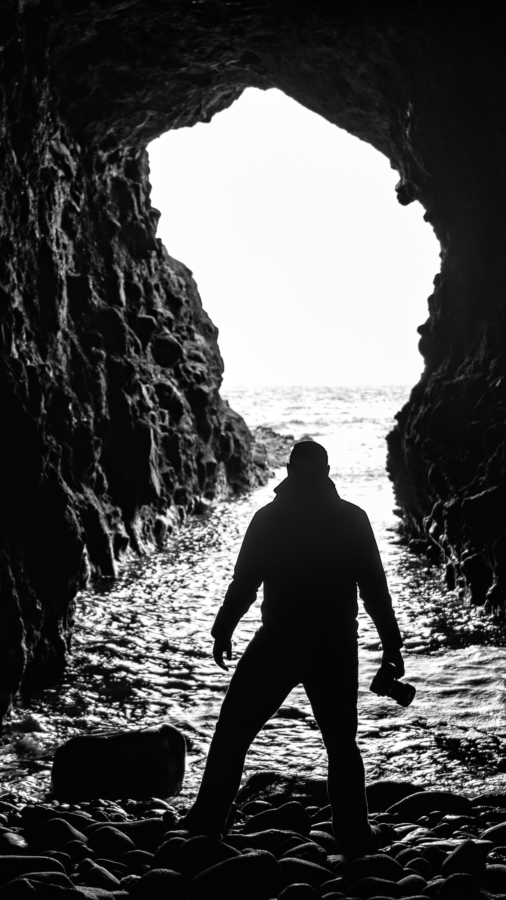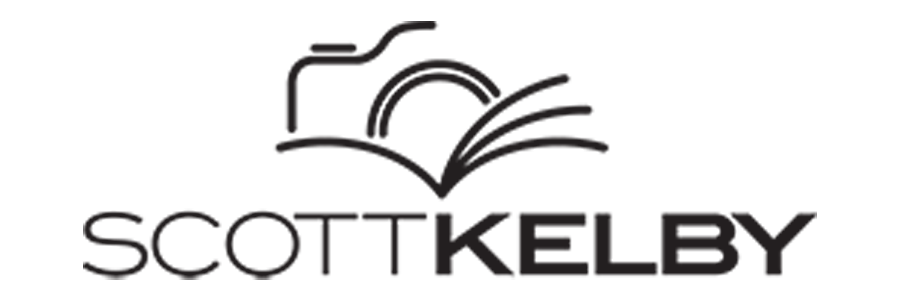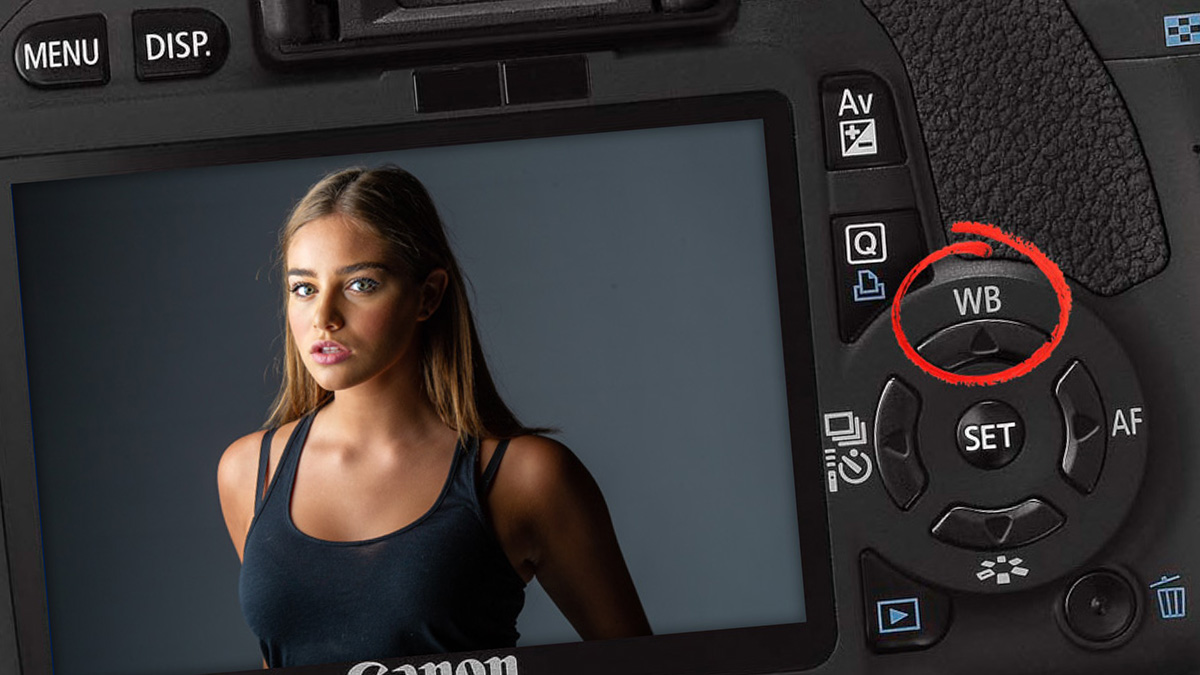It’s #TravelTuesday, I’m Dave Williams, and I’m a professional photographer. But what does that mean?
One commonly asked question in the industry these days is around the definition of what actually constitutes a ‘professional photographer.’ The usual definition is that it is somebody who is shooting for pay. I suppose in the strictest sense of the definition, that is true. A professional person gets paid for what they do. What’s more important though, is professional conduct and skill.

What I’m going to attempt to do today is express my own views on what I believe constitutes professional behavior in photography. This is my opinion and although it may be shared by others, it isn’t shared by all.
I think a large amount of the confusion stems from education, or more specifically, the lack of it. If standards are not clear to photographers themselves, it becomes very difficult for the general public to have any idea of what to expect when engaging or working with a photographer. I have no photography education from ‘the institution,’ my education comes from self-teaching, trial-and-error, online training, books, workshops, etc etc.
Professions are trades or crafts that have enforced standards, regulatory bodies, certification requirements, and some sort of formal training. Medicine, law, accounting, architecture, etc. are all good examples of this; each of these professions has one or two major internationally-recognised accreditation bodies which uphold standards and ensure members comply with minimum requirements and, more importantly, educate customers about what they should expect.
This set of standards is not reflected in our industry. It makes our industry more accessible, more competitive, and the door is opened for photographers with less integrity and lower skill. It makes it harder for all of us. This also means that most photographers do not bother with certification. I will tell you now, I’m one of those people. The increased costs and requirements do not translate into increased revenue, customers, or profitability. It serves as ‘club membership’ and an internal status symbol.
There are some exceptions to this — The Photographers Guild, The Societies, Royal Photographic Society, NPS, CPS etc. for instance — but even that tends to be rather fragmented with mixed standards and virtually zero general consumer awareness. Perhaps part of the problem is that, because the nature of our work is so subjective in the first place, it becomes difficult to apply quality control standards to the result itself. This is obviously not the same for, say, medicine.

There are agency or brand associations, too. The public perceives acceptance to these groups as a stamp of quality (or minimum quality). Generally, this is reasonable. The caveat though – just because a photographer takes excellent portraits for one agency, or for their portfolio, it doesn’t mean that their standards for portraiture also apply to architecture, or travel, or product photography.
Perhaps a better solution here is not to look at the quality of work, but the conduct of the photographer. I firmly believe that, regardless of occupation, there are some minimum standards required of all humans who offer a service. There is a level of trust and commitment given to you by your client on the basis of belief that we will deliver as we promised to, and it is our duty to ensure that we deliver on that promise.
Will you, as a photographer, take this pledge?
Professional Photographers Pledge
- I will deliver on time and to spec, as promised
- I will uphold my agreements and if I can’t, I will say so in advance, and will try to mutually work towards a solution
- I will do my best, and will not accept compromise unless there is no other choice, in which case I will inform my clients so there are no misunderstandings
- I will do my best to try and work for my client’s needs. For whatever reason, what they think they need may not be the same as what they actually need, and I will find the best solution
- I will deliver at a consistent level of quality regardless of external circumstances that may affect us personally, and I will never compromise that quality – it is better to under-promise and over-deliver
- I will uphold basic standards of courtesy, including timeliness and professionalism of communication via any medium
- I will respect my clients time and timescales
- I will respect my subject — whether this be treating models/talent/fauna/flora with courtesy and friendliness, or carefully handling product and props as if they were my precious things
- I will maintain my integrity and be fully transparent in my pricing, even if I get things wrong. If there are big variances or changes in scope, then I will communicate this and reason with the client
- I will clearly detail the scope and deliverables of all assignments
- I will do my part to educate clients where necessary, whether this be to do with technical or creative choices, licensing or otherwise
- I will respect the creative rights of other photographers and clients so that they will respect mine
- I will value my own work and will not fight others on price alone, retaining credibility and economy for the entire industry rather than damaging it
- I will have spares and backups
- I will make a contingency to meet eventualities that are within my control to resolve should anything go wrong
- I will not ‘fix it later in post’ when this would mean delivering a sub-standard result that could be remedied in camera
- I will maintain my skills and training to ensure I am always at the top of my game
There are stories all over the internet on photography media sites. It’s clear that photographers are not observing any of these standards. In turn, the expectations are lower, trust is not there, and the overall lack of confidence in our industry from the client’s perspective translates into lower value all around. A few bad apples spoil the barrel.
I think you can see why we have a recurrent crisis in our industry. It doesn’t help that a lot of the practicing photographers have no work experience outside of this; it means that they have no idea what’s to be expected in a normal professional workplace.

All we can do is ensure that we do our best to adhere to our Professional Photographers Pledge, and make an effort to educate those who are not where possible. In the long run, it’s in everybody’s best interest.
Much Love
Dave




